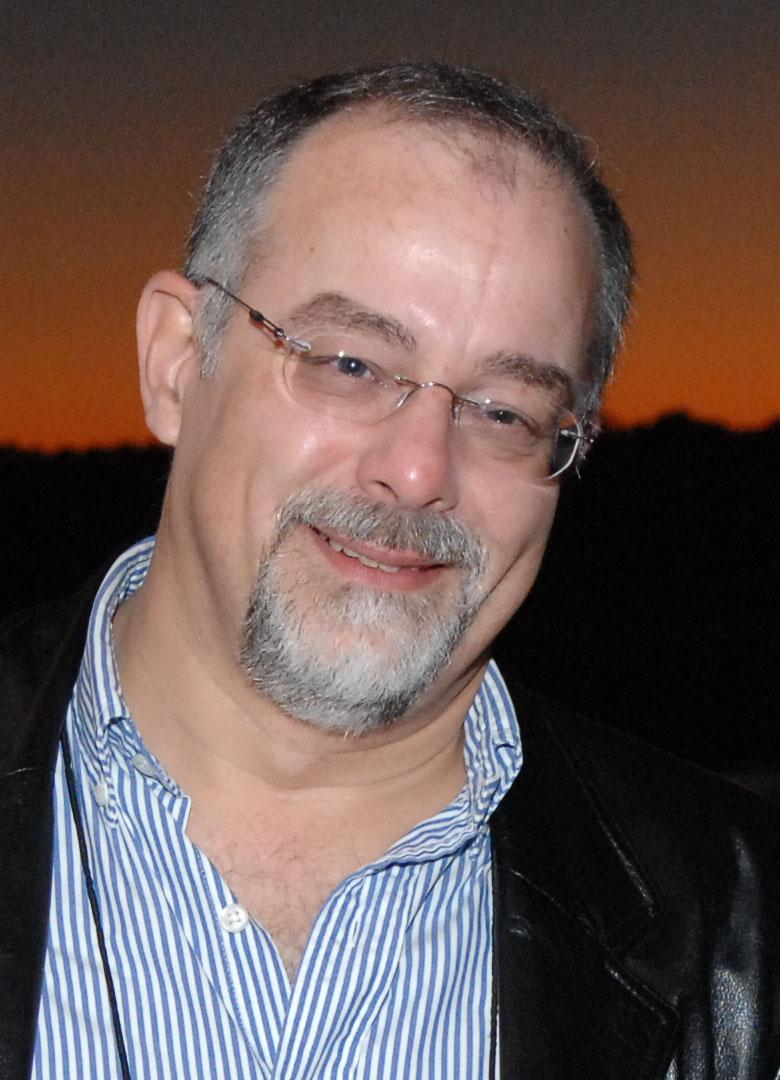The 2019 MPI World Education Congress (WEC) in Toronto offers several education and networking opportunities related to medical and healthcare meetings, including these on Monday, June 17: “Asia-Pacific Healthcare Compliance” (8-9 a.m., sponsored by the Philadelphia CVB) and “Medical and Healthcare Planners (MPI-MD) Meet-Up (9-9:30 a.m.).
Relationships matter. Beyond a destination’s infrastructure, having local connections makes the difference when pitching to host medical meetings. That’s what destinations such as Nashville, Tenn.; Toronto; and Quebec City, Quebec, have found.
Each has a type of local ambassador program to help with the pitch and highlight the volume of local connections that make their destination attractive to medical and healthcare groups. And the medical meeting category is so massive that potential hosts can’t overlook any local leverage. According to eMedEvents, in 2018 there were more 113,153 medical conferences conducted by 23,148 organizations in 4,130 cities in 153 countries. And for a destination to succeed in the medical meetings field, it needs resident experts to push the pitch.
Music City
It may surprise many that “Music City,” Nashville, is a major destination for medical and healthcare meetings.
“Twenty four percent of the workforce is Nashville is medical, healthcare and education,” says Adrienne Siemers (MPI Tennessee Chapter), senior vice president of sales for the Nashville Convention & Visitors Corp (NCVC). “We have 17 publicly traded healthcare companies based in Nashville. HCA (Hospital Corporation of America) established their headquarters in Nashville and others followed suit. In terms of suppliers, Vanderbilt University has played a huge role as well.” (Vanderbilt has a major medical school.)
In a way, Nashville is like a southern Boston, in that it has 15 colleges and universities throughout the metro area that provide a huge base of speakers and specialists.
That base of local specialists “push to bring meetings home,” according to Siemers. The Nashville team will customize any pitch, but they first listen to their hometown experts about the group’s sweet spot.
When groups arrive in Nashville they find a modern, finely honed meetings neighborhood adjacent to the city’s entertainment district. Meeting, event and trade show space; guest rooms; and several large offsite venues such as the 20,000-seat Bridgestone Arena, newly renovated Country Music Hall of Fame and Museum and opulent Schermerhorn Symphony Center are across the street from the Music City Center (MCC).
The 2.1 million-square-foot MCC includes 353,000 square feet of exhibition space and is ringed by 14 hotels with more than 4,800 guest rooms in all price points. Each of those properties has meeting space. A further alternative is the 2,888-room Gaylord Opryland Resort and Convention Center, which has 700,000 square feet of space on site and more spaces adjacent to the resort and downtown.
Siemers adds that Nashville is an attractive choice for free time because of the proliferation of music.
“Attendees can easily enjoy music from 10 a.m. to 2 a.m.,” she laughs, either in the row of honkytonks that line Broadway or the numerous other music venues, clubs or concert halls that proliferate Nashville.
The city is such a hot market that it has 5,000 hotel rooms under construction and in the last two years has opened 200 new restaurants, causing residents to complain that there aren’t enough meals to keep up with all the new places to eat.
The Great White North
Canada, with its universal health care and progressive policies (legal recreational marijuana, extended maternity leave), is also a hot destination for medical meetings.
The Metro Toronto Convention Centre (MTCC) set a new record for medical meetings in 2018. In June, it hosted the International Congress of the International Society of Blood Transfusion, the International Symposium on Atherosclerosis and the Global Hepatitis Summit. In addition, it was chosen to host the Pediatric Academic Societies Annual Meeting, World Conference on Lung Cancer, Canadian Cardiovascular Congress and Family Medicine Forum.
The MTCC is in downtown Toronto in the shadow of the CN Tower and 53,000-seat, domed Rogers Centre. It is also surrounded by top hotels. The 2-million-square-foot MTCC is Canada’s largest venue and features 77 breakout rooms, 440,000 square feet of exhibit halls and a 1,232-seat theater.
The MTCC will host the 2020 MedTech Conference, the first time the event has left the U.S.
Ella Korets-Smith, CEO of TOHealth!, who was part of the team promoting the city, says they employed the MTCC’s Leaders Circle to present the bid. The Leaders Circle is a resource of 250 local academics, researchers and other sector experts the MTCC calls on to assist with medical, scientific and technical conferences. The bid group also “gathered representation across the eco-system to write letters and talk about the place, what’s available and who’s here. That helped clench the deal. The organizers felt there was a community that was large and vibrant enough that would be interesting to their delegates.”
Proximity was another aspect to the pitch. Only a two-hour flight from Washington, D.C., Korets-Smith says it’s “a great way to get an international audience and twist to your conference while still staying fairly close to home.”
Another city capturing the attention—and business—of international medical groups is Québec City. The Québec City Business Destination, like Nashville, credits the work of local “ambassadors” in attracting business. In its 27 years, Québec’s Ambassadors’ Club has brought 186 international groups to the city. Nathalie Nault, the Ambassador Club manager, says, “98 percent of our ambassadors are professors and researchers who are members of an American or international association. These influential people are in excellent positions to convince stakeholders to hold their events in Québec City. We then assist and help any way we can to make this happen.”
These ambassadors also help get the message out about the local health and medical cluster. For example, the city is home to 121 life sciences companies, 85 research centers and more than 600 world-renowned researchers for heart and lung, brain, infectious diseases, nutrition, obesity, bionics and vaccines, as well as the Université Laval, which is one of the top 10 research universities in Canada. The result of the ambassadors’ work is that 30 percent of the events held at the Québec City Convention Centre are connected to life sciences.
The LEED-certified Convention Centre has 300,000 square feet of meeting space and is directly connected to 948 guest rooms and suites in the Hilton Quebec and Delta Hotels Quebec. A further 3,000 guest rooms are within walking distance.
As a fully bilingual capital city, Québec City offers a unique fluency with and comfort for international groups that marries the feel of Europe with all the modern conveniences of the New World. As North America’s only walled city, for which it holds UNESCO World Heritage status, Québec City has some of the continent’s most unique meeting and event space.
The bottom line for destinations pitching medical, healthcare and life sciences groups is to ask an expert. Just as we seek advice from a medical professional for what ails us, local experts/academics/researchers are key to getting a foot in the door as a potential host.
Did you know there's a community for healthcare and medical planners? Read more about it here. The community is sponsored by:






